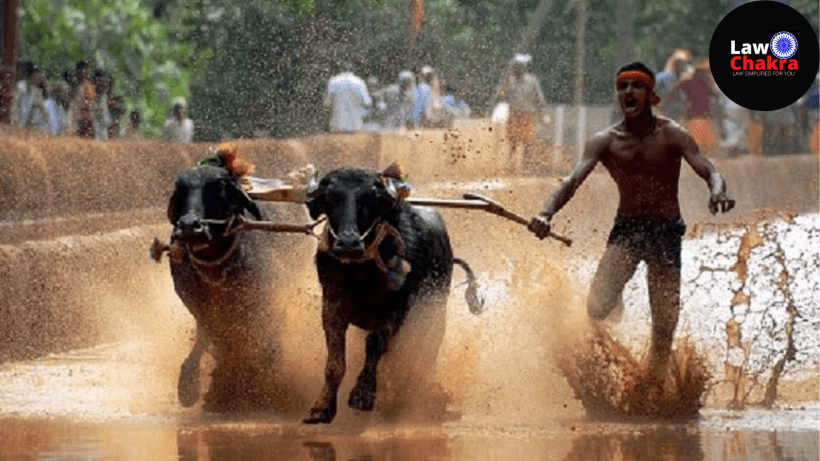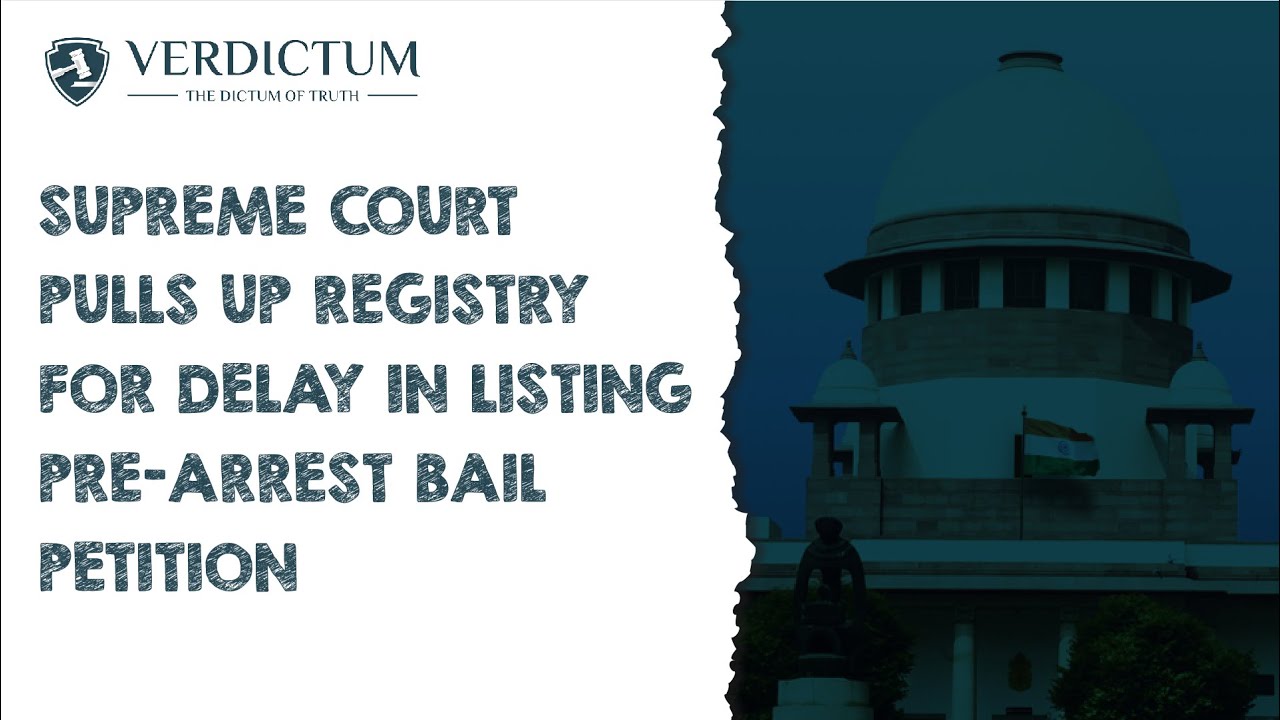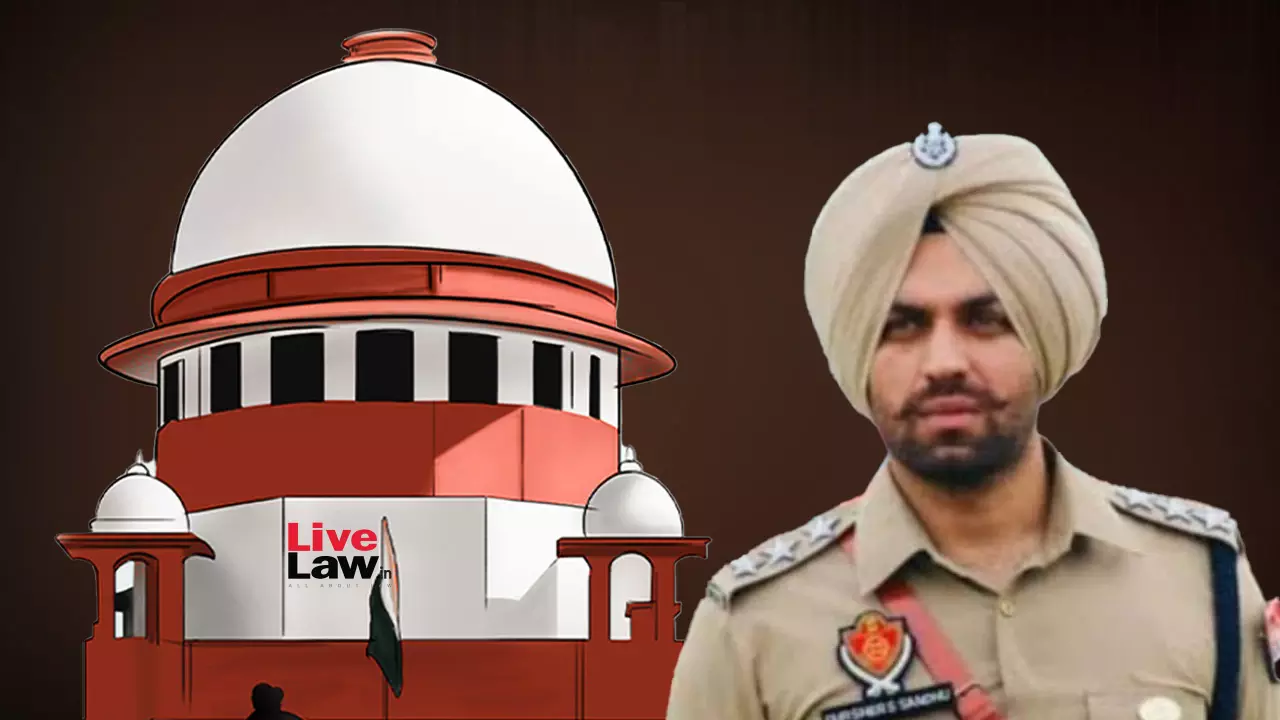Karnataka High Court To Examine PETA’s PIL, Hearing Adjourned To Sept 4

Thank you for reading this post, don’t forget to subscribe!
Karnataka High Court is hearing PETA’s PIL questioning Kambala races outside coastal areas like Bengaluru. The court has adjourned the matter to September 4 for further arguments.
Bengaluru: Today, on June 24, the Karnataka High Court recently heard a Public Interest Litigation (PIL) filed in 2024 by PETA India against the State of Karnataka. The petition by PETA challenges the holding of Kambala, a traditional buffalo race, in areas outside its original coastal roots.
According to PETA, the Kambala race is historically and culturally limited to Udupi and Dakshina Kannada districts. The organization approached the court to stop the state from granting permission to conduct Kambala in cities like Bengaluru or any non-coastal region.
ALSO READ: Delhi High Court Seeks MCD’s Response on Horse-Drawn Cart Operation
They also asked the court to ensure that animal welfare laws are strictly followed, particularly the Prevention of Cruelty to Animals Act, 1960, as amended by the Karnataka Second Amendment Act, 2017.
PETA also referred to the Supreme Court’s observations in the 2023 judgment in Animal Welfare Board of India & Others v. Union of India & Others.
Appearing for PETA, Senior Advocate Dhyan Chinnappa submitted that the race is only meant to take place in traditional coastal zones.
He highlighted the strain on buffaloes who would be transported 300 km or more to Bengaluru for the event.
He pointed out the commercial aspect of such events being organized in urban locations and called them ticketed entertainment shows rather than cultural events.
In response, Advocate General Shashi Kiran Shetty, appearing for the State of Karnataka, argued that Kambala is not restricted to just two districts.
He described it as an evolving tradition that could be celebrated in different places, not just where it originated.
He stated:
“This is the culture of the State of Karnataka which has arisen. It is not that we have to keep it in Karnataka, we can take it not only in Karnataka but all over India. The question is whether it amounts to cruelty to the animals…Horses are imported from different countries and when horse races are done they move from state to state.”
The Advocate General also dismissed PETA’s claim that permissions had already been given for a Kambala event in Bengaluru.
ALSO READ: Butcher Receives Life Sentence for Fatally Stabbing Tempo Driver in Dispute over Ferrying Bulls: Mumbai Court
He clarified that:
“If we do anything we will inform the court.”
After hearing both sides, the Karnataka High Court granted time for the State to file a counter affidavit and scheduled the next hearing in November 2025.
The Court also directed that if any new permissions are to be given for organizing Kambala in new areas, the State must inform PETA in advance.
Background of the Case:
Kambala is a traditional buffalo racing sport that has been practiced for centuries in the coastal regions of Karnataka, particularly in Udupi and Dakshina Kannada districts. It is usually held during the winter season and is deeply rooted in local agricultural and religious customs.
Originally started as a way to thank the gods for a good harvest and to test the strength and speed of buffaloes used in farming, Kambala has evolved into a competitive rural event that draws large crowds.
In 2014, following the Supreme Court’s ban on Jallikattu, Kambala events also came under scrutiny for alleged cruelty to animals.
In response, the Karnataka government passed the Prevention of Cruelty to Animals (Karnataka Second Amendment) Act, 2017, which allowed the conduct of Kambala under regulated conditions, stating it is a part of the state’s cultural heritage.
However, in recent years, there has been a growing trend of organizing Kambala events in urban areas like Bengaluru, far from its traditional setting.
This raised concerns among animal rights organizations. PETA India filed a PIL in 2024 (WP 18406/2024), stating that transporting buffaloes over long distances and conducting races outside their natural environment may cause unnecessary stress, injuries, and cruelty, which goes against the very spirit of the 2017 amendment.
PETA also cited recent Supreme Court observations in the 2023 case of Animal Welfare Board of India & Ors. v. Union of India & Ors., which reiterated the importance of ensuring animal welfare even in traditional sports.
This PIL has once again brought animal rights, cultural traditions, and legal limits into the spotlight, with the Karnataka High Court being asked to decide whether the expansion of Kambala beyond its traditional zone is in violation of the law.
Case Title:
People for the Ethical Treatment of Animals (PETA), India v. State of Karnataka and Others (W.P. No. 18406/2024).
Read on X:
Click Here to Read Our Reports on Bulls






